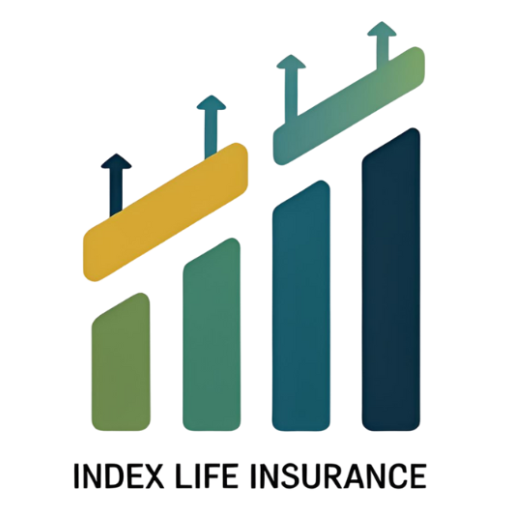
by Insurance | Jun 3, 2025 | Terminologies
Discretionary credit refers to a type of credit extended by lenders based on trust, judgment, or internal policies rather than strict qualification rules. Common in retail or corporate finance, it gives the lender freedom to offer or withhold credit depending on the...

by Insurance | Jun 2, 2025 | Terminologies
In the world of credit cards and loans, a balance transfer refers to moving debt from one account to another — often to take advantage of a lower interest rate, consolidate payments, or reset repayment terms. But what happens when we apply the concept of a balance...

by Insurance | May 30, 2025 | Terminologies
In personal and business finance, cash flow is king. It’s the heartbeat of any financial plan — the measure of money coming in versus money going out. Whether you’re managing household expenses, running a business, or planning for retirement, positive cash flow...

by Insurance | May 29, 2025 | Terminologies
A cash reserve is one of the most fundamental tools in smart financial planning. It’s the pool of funds you can draw on during emergencies, unexpected expenses, or periods of income disruption — a buffer that keeps you from dipping into long-term investments or taking...

by Insurance | May 28, 2025 | Terminologies
In the world of finance, risk-based pricing is a method where the cost of a product or service is directly tied to the perceived level of risk posed by the buyer. You see it in lending — borrowers with lower credit scores pay higher interest rates — and in auto...

by Insurance | May 27, 2025 | Terminologies
In everyday finance, a late fee is a penalty charged when a scheduled payment isn’t made on time. From credit cards to utilities, these fees are designed to enforce discipline and compensate providers for late risk. But in the world of life insurance—especially for...







